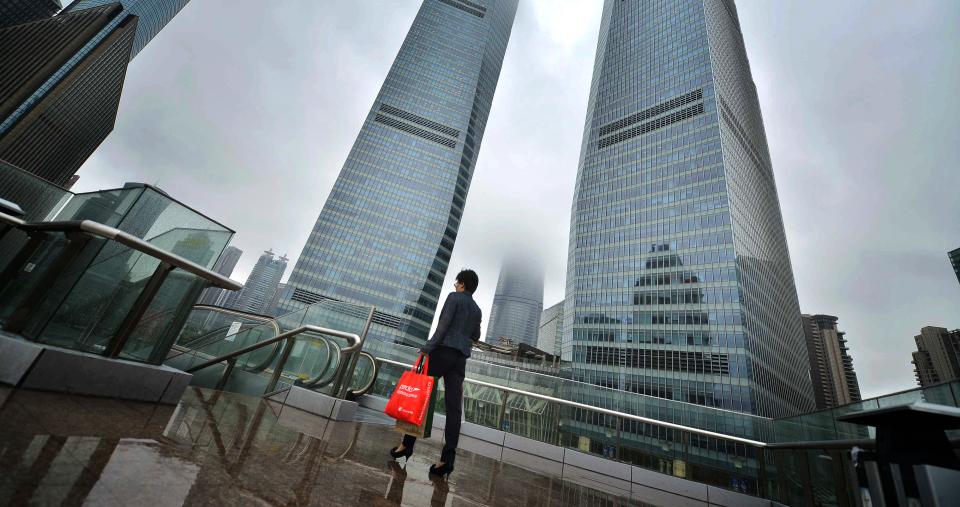Households earning between 200,000 yuan (US$28,000) and 300,000 yuan (US$43,000) a year belong to the "new social stratum," China's equivalent of the middle class, according to a recently released bluebook by the Chinese Academy of Social Sciences (CASS). But, the researchers found that 64.7 percent of such respondents in Beijing, Shanghai, and Guangzhou, three of China's most-developed cities don’t believe their families count as part of the middle class, reported Guangzhou-based newspaper
21st Century Business Herald on December 21.
Such households in these cities are doing well, with an average annual income in Shanghai of 370,000 yuan (US$53,000), compared to just 147,000 yuan ($21,100) nationwide. These households were also big consumers: their average annual expenditure was 1.71 times the average of all families in the three metropolises.
Both official definitions and poor Chinese see such households are part of the middle - or even the upper - class. But they don't agree, with 64.7 percent disagreeing their households belong, and 69.5 percent saying they don't belong as individuals.
According to the researchers, members of the "new social stratum" believe they fall sort of being in the middle class in terms of their income, total assets, consumption, or a combination of all three.
“Their belief they aren't part of the middle class is because of the high property prices and enormous work pressure in China’s most developed cities”, said the newspaper. For example, a home in central Beijing or Shanghai costs as much as 10 million yuan (US$1.4 million) on average; even with an above average income, these middle-earners struggle to pay huge mortgages.
The bluebook noted that individuals of this newly defined stratum have to cope with demanding work requirements, live exhausting lives, and usually have relatively limited family time, which also detracts from feeling like they're privileged.

 Old Version
Old Version